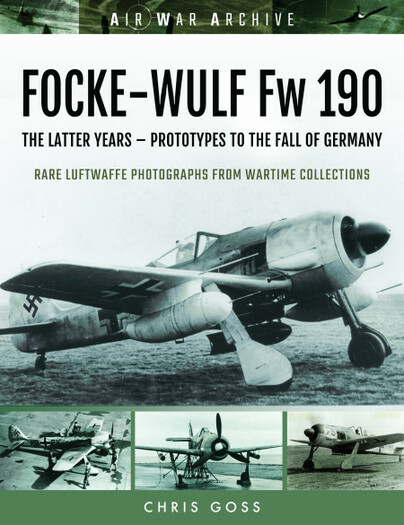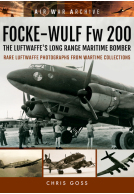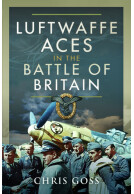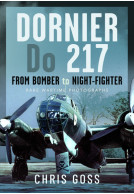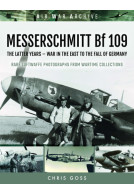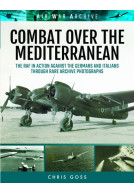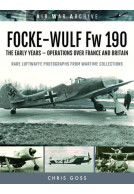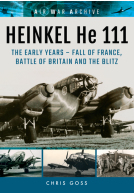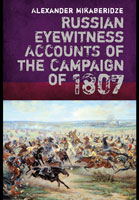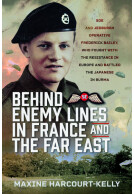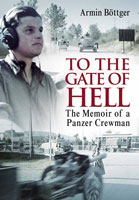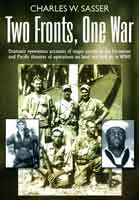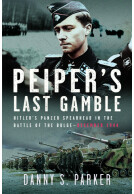FOCKE-WULF Fw 190 (Paperback)
The Latter Years - D-Day to the Fall of Germany

Series: Air War Archive
Pages: 144
Illustrations: 190 black and white illustrations
ISBN: 9781473899407
Published: 3rd October 2023
(click here for international delivery rates)
Need a currency converter? Check XE.com for live rates
| Other formats available | Price |
|---|---|
| FOCKE-WULF Fw 190 eBook (228.2 MB) Add to Basket | £6.99 |
As the war began to turn against Germany, the Luftwaffe was forced to defend the Reich against increasingly overwhelming numbers of Allied fighters and bombers. The Focke-Wulf Fw 190, together with the Bf 109G, was the mainstay of the Luftwaffe’s Reichsverteidigung (Defence of the Reich) fighter force, both by day and by night.
As the war progressed, the US Eighth Air Force, suffering heavy losses over Germany, changed tactics. The escorting US fighters had been expected to fly alongside the bombers to provide close protection. But this meant that they could not chase after the enemy when in combat, having to return to the bombers. So, from early 1944, the decision was made to free the fighters, allowing them to fly ahead of the bomber stream clearing the skies of German fighters.
To counter this, the Luftwaffe developed the Gefechtsverband, or battle formation, composed of two units of Bf 109s and one Sturmgruppe of Fw 190s. In Gefechtsverband operations, the Bf 109s would engage the Allied fighters, particularly the long-range P-51 Mustangs, leaving the more heavily-armed Fw 190s to attack the bombers. Though the large Gefechtsverband formations were unweildy and not always effective, when they did work well, the powerful and well-armoured Fw 190s wreaked havoc amongst the US bombers.
Meanwhile, on the Eastern Front, the Fw 190 was incresaingly relied upon for fighter and Jabo missions against a dogged Soviet Air Force. With the tide well and truly turned against the Luftwaffe, newer versions of the Fw 190, such as the F and G variants, were intruduced as well as the superlative D-9 which was powered by the Jumo 213 A engine, armed with two MG 131s and two MG 151/20 guns and had a new fuselage and wings.
In this second volume detailing the service of the Fw 190, Chris Goss has assembled photographs, many of which have come from the archive of the late Dr Alfred Price, to illustrate the final years of the type’s war.
“This book is a solid product. It is nicely curated, and Goss’s acknowledgement of Price’s foundational work is classy. But I look forward to seeing Goss’s writing skill on display in a more conventional manner.”
The Journal of the Air Force Historical Foundation
“For those with a passion for the Butcher Bird, I can highly recommend this volume. Buy a copy, you will not be disappointed.”
Large Scale Planes
Read the full review here.
“Modelers should find the gallery of images a treasure trove of reference material.”
Aeroscale
Read the full review here.
“…a book well worth picking up that will appeal to both enthusiast and modeler alike.”
ModelingMadness
Read the full review here.
For anyone interested in the history of this famous fighter, and as already said, modellers who are fans, then I am confident you will enjoy this one.
Military Model Scene
Read the Full Review Here
About Chris Goss
After a 32-year career in the RAF and three years working for a civilian company as its Head of Operations, Chris Goss is now a full-time aviation author and military historian. He is the author of over 50 critically acclaimed books covering aspects of the World War II air war over North- West Europe. He is a historical consultant for a number of major projects, such as the recovery of the Dornier 17 by the RAF Museum and Commonwealth War Graves Commission, and for TV channels such as The History Channel and Channel 5's The Battle of Britain: 3 Days that Saved a Nation.







